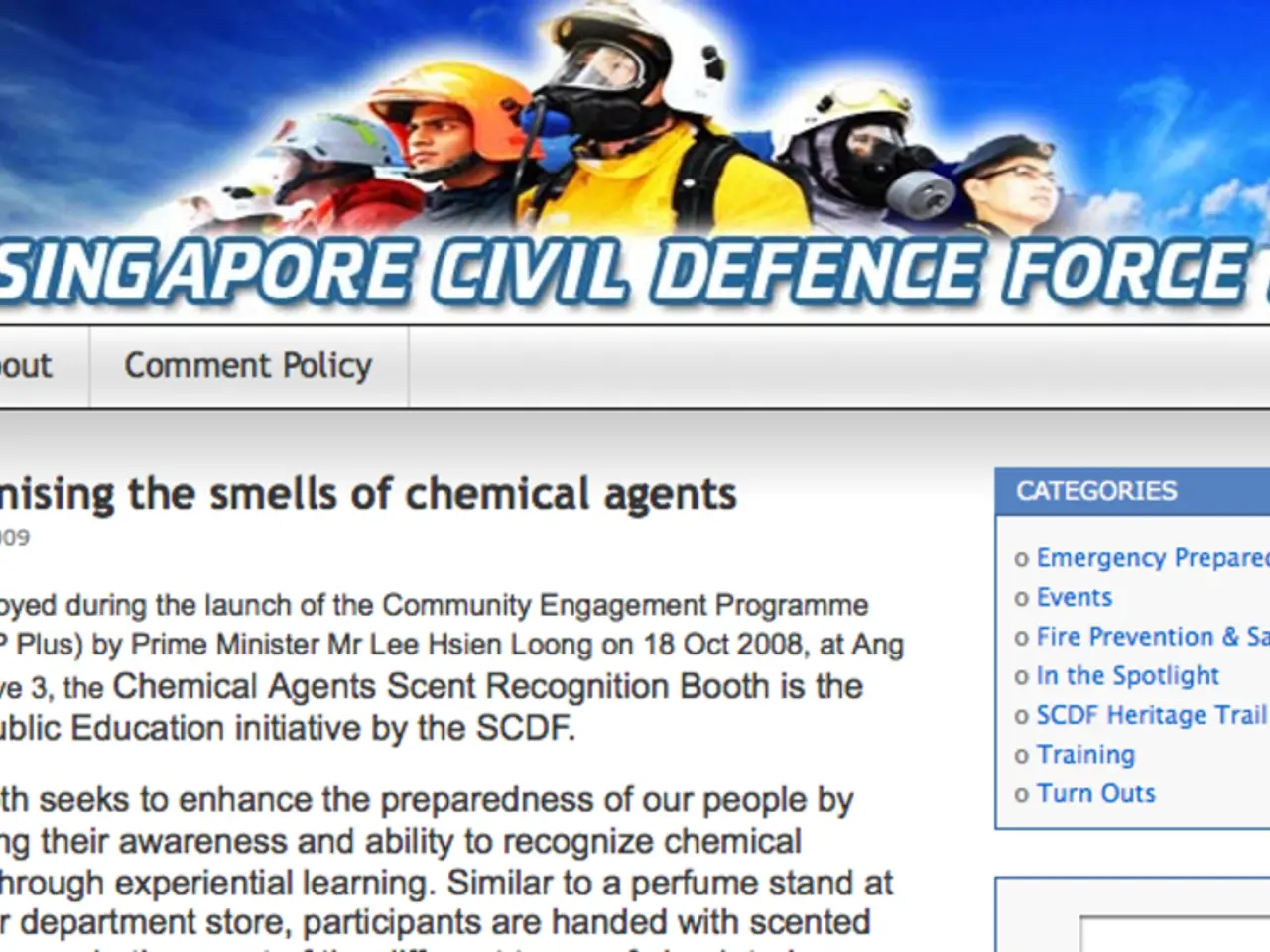Information Overload: Guarding Your Mental Wellness in the Era of Constant Connectivity
In today's digital age, information overload has become a significant concern, negatively impacting mental health and productivity. This phenomenon, characterized by an individual receiving more information than they can process, can lead to stress, anxiety, depression, fatigue, cognitive difficulties, and reduced well-being.
Info-overload psychologically affects individuals in a society where information is abundant and promotes immediacy, spontaneity, rapidity, and efficiency. The professional space is particularly affected by this, with the multiplication of emails, messaging, documents, and agendas leading to the phenomenon of infobesity.
To mitigate these effects in personal and professional settings, several strategies can be implemented:
- Limit exposure to excessive information and digital stimuli: Reduce time spent on social media or digital devices, avoid doomscrolling, and practice digital hygiene by taking regular breaks from screens.
- Develop information management skills: Curate quality sources, fact-check information, and prioritize relevant content to prevent overwhelm and reduce the time spent filtering information.
- Establish routines prioritizing mental well-being: Set achievable mental health goals involving regular self-care activities such as meditation, hobbies, or nature walks to reduce stress and recharge emotionally.
- Improve sleep hygiene: Maintain consistent sleep schedules, limit screen time at least an hour before bed, create a relaxing bedtime routine, and avoid caffeine in the evening to counteract sleep disturbances caused by digital overstimulation.
- Practice gratitude and mindfulness: Keeping a gratitude journal or engaging in mindfulness can shift mindsets positively, reducing stress and increasing emotional resilience.
- Set boundaries for smartphone and media use: Be mindful not to let phone use interfere with real-life relationships, work, or important activities, which helps maintain mental balance and focus.
Implementing these strategies creates a buffer against the cognitive and emotional toll of information overload, supporting mental health and productivity in both personal life and professional environments.
The right to disconnect was introduced into the Labor Code in 2016, imposing regulations for the full exercise of employees' right to disconnect and the implementation of devices for regulating the use of digital tools. The Eisenhower matrix can be a useful tool for prioritizing tasks in the process of managing information overload.
It is important to raise awareness among employees about the impossibility of achieving absolute knowledge and complete understanding of information, and to determine in advance the information they need. Beyond a certain amount of information, it becomes difficult to distinguish good from bad information, increasing the risk of misinformation or disinformation.
Media and social networks contribute to info-overload by systematically repeating news, creating anxiety-inducing content, and promoting relational troubles due to overuse of messaging and smartphone consultation. The phenomenon of infobesity has now become a real public health problem.
The term "info-overload" was theorized in the early 1960s by economist Bertram Myron Gross, and the neologism itself emerged in 1993. Hyperconnection and overexposure to information do not guarantee the ability to inform oneself without difficulty or consequence, particularly for hyper-connected youth.
- Embracing strategies such as limiting digital consumption, improving sleep hygiene, and practising mindfulness can help mitigate the negative effects of technology-induced information overload on mental health and productivity.
- Beyond a certain amount of information, it can become challenging to discern good from bad data, increasing the risk of misinformation or disinformation, especially in today's digital age where media and social networks contribute to info-overload.
- In light of the pervasive issue of info-overload, it is crucial to raise awareness about the limitations of absolute knowledge acquisition, particularly among hyper-connected youth, to ensure a more balanced and informed society in terms of health-and-wellness, mental-health, and nutrition, all areas that technology intersects with today.




